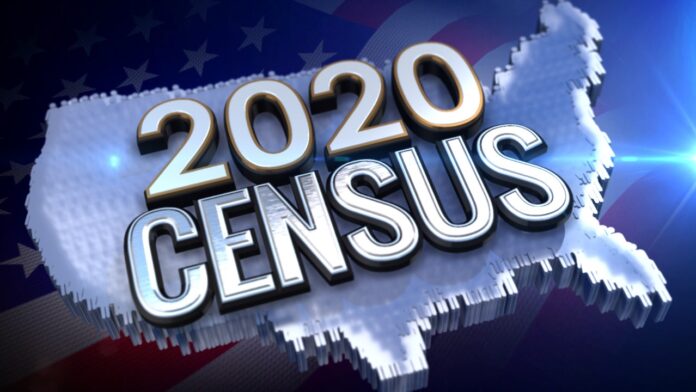With just days to spare before the 2020 census count was to end due to a Sept. 30 deadline imposed by the U.S. Census Bureau under pressure from the Commerce Department, a federal district judge in California ruled on Sept. 24. that the counting will go on through Oct. 31.
It’s the latest in a series of twists for the census, which has been complicated by the pandemic, natural disasters and legal maneuvering on behalf of White House. The original deadline to wrap up in-person enumeration was July 31, though the bureau pushed it back to the end of October to try and ensure as accurate a count as possible. Then the bureau reversed course, moving the deadline up to the end of September.
U.S. District Judge Lucy Koh in the Northern District of California on Thursday granted a preliminary injunction to keep the census going through October, a decision the government has already said it will appeal. The case is headed next to the Ninth Circuit Court of Appeals and may very well end up at the Supreme Court.
Cameron County officials aren’t sure how things will end up, but they say they plan to do everything they can to count as many county residents as possible in whatever time is allotted, even though paid census workers who have been going door to door and helping with census-promotion events are only on the job through Sept. 30, since that’s when funding runs out.
“Some of the leadership staff, their last day was Saturday,” said County Clerk Sylvia Garza-Perez.
A number of census events have been taking place around the county in recent months, and those efforts will continue, she said. If Koh’s ruling stands but no more money comes through for census workers, then the county will have to make do however it can, Garza-Perez said.
“We’re going to have to rely on volunteers, myself, and try to find people from the (county’s) Complete Count committee to help us start creating ways to get people signed up,” she said. “As far as I’m concerned for the county we’re going to continue doing everything we’re doing (and) encouraging people to sign up and not to give up. We’ve got to make this.”
The most recent response rate for the county as of Monday was 51.4 or 51.6 percent, Garza-Perez said, noting that it takes about 1,200 households to increase the response rate by 1 percent. In early August the rate was about 46.3 percent.
“I’m thinking that maybe by today (Monday) we’ll be at 52 percent,” she said. “I’m hoping. If we’re getting those 30 days that might get us a little bit closer over the 2010 numbers. If we can go up at least 1.5 percent every week it would be great.”
Cameron County Judge Eddie Trevino Jr. called Koh’s decision a “good ruling.”
“I hope that it stands up on appeal,” he said. “That’s our concern. And if nothing else, hopefully maybe the legal fight without a stay will not draw it out so that way they’ll be able to … get at least a month out of this if not longer.”
Ideally the White House or Congress would step in and push the count to the end of the year to help ensure an accurate tally of U.S. residents as required by the Constitution, Trevino said.
“That’s not just a local or a Valley deal,” he said. “It should be statewide and it should be nationally. Everybody should want to get everybody counted.”
Trevino said an accurate-as-possible count is especially vital to regions such as the Rio Grande Valley, where some undocumented residents instinctively fear the census process, even though it is in no way concerned with residents’ immigration status.
“We’ve been severely undercounted for decades,” he said. “There’s this mistrust by a lot of individuals who may be living in the shadows to come out in order to answer the census. … It’s real hard to get them to accept that if they do this it won’t impact them on a personal level, but will help them on both a personal and a community level, for themselves and their families. It’s a hard obstacle for us to overcome.”
In explaining her ruling, Koh said the government’s argument for why the shorter timeline was necessary did not stand up to scrutiny. Lawyers with the Justice Department had argued that the Sept. 30 deadline was needed because Congress had failed to respond to an earlier request from the Census Bureau’s to extend the statutory timeline for delivering census data.
Koh found, however, that the Commerce Department was already pressuring the bureau to shorten the timeline even as Congress was taking “major steps” toward an extension.
“This kind of confirms our initial thought and suspicion that there really was no basis in fact or in law for it,” Trevino said. “I think basically the judge called the federal government out on it: You guys are making this up and by doing this you’re going to cause irreparable harm to the people that are supposed to be counted nationally.”





